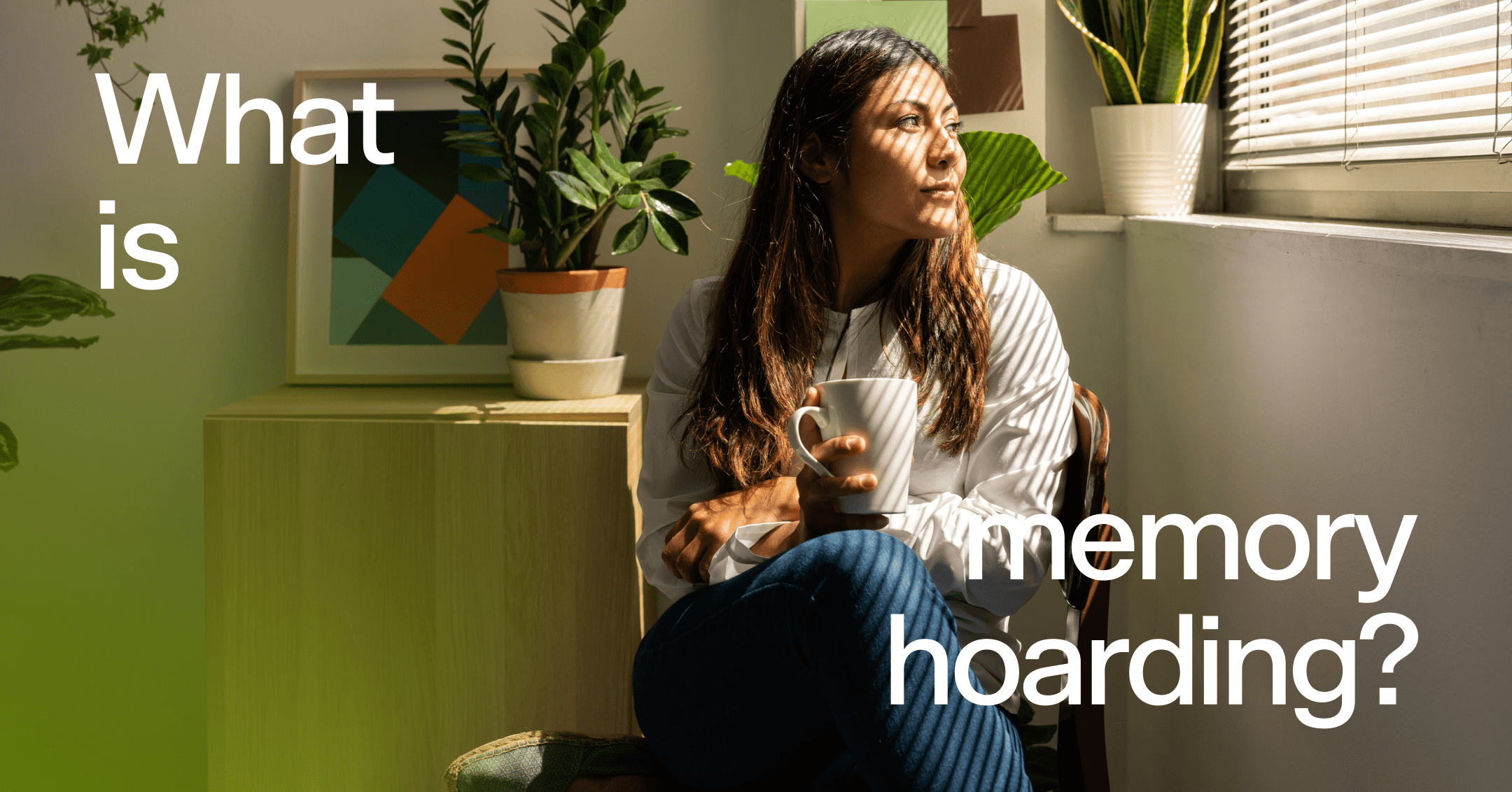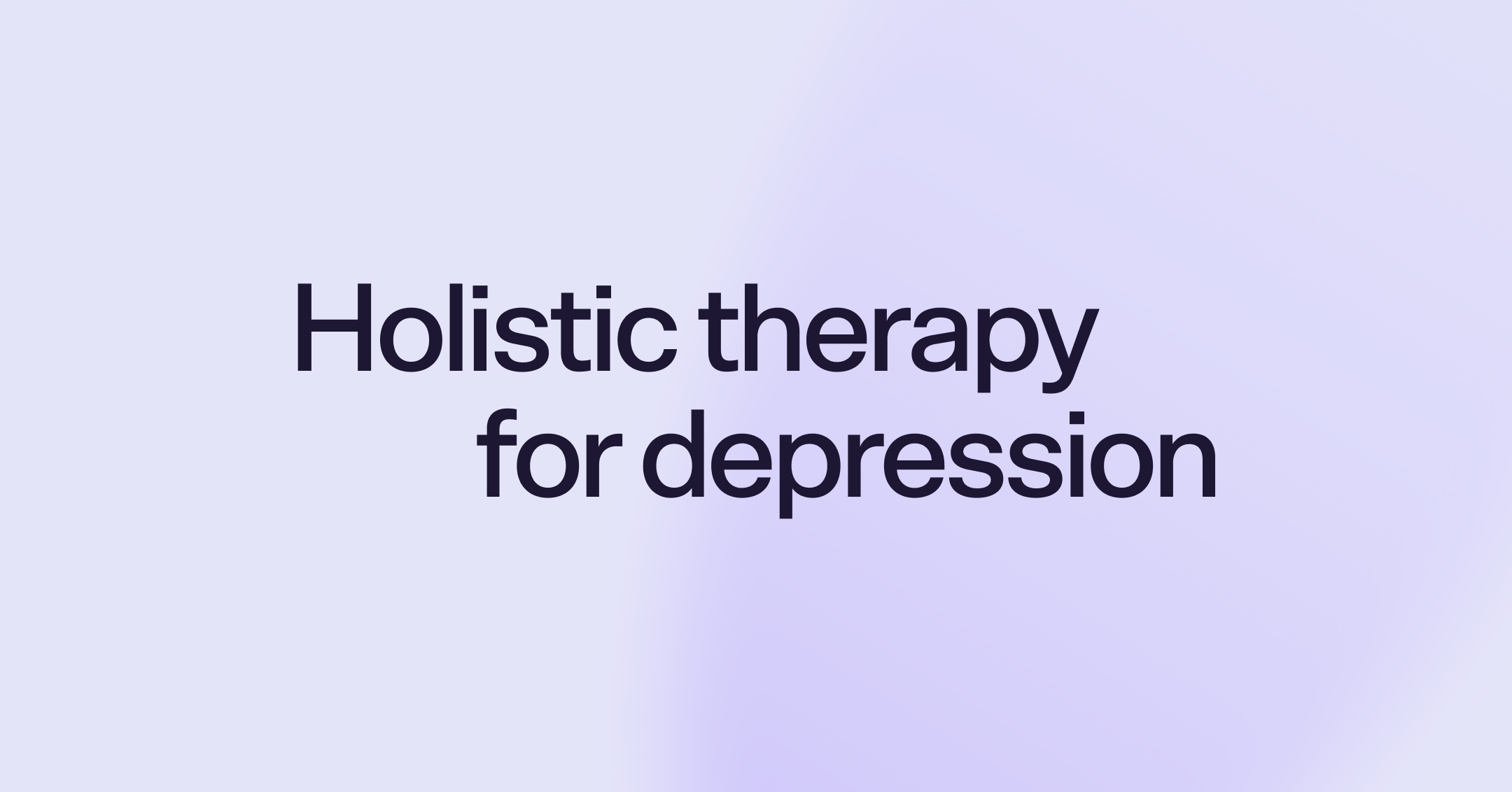Memory hoarding is a nonclinical term used to describe the tendency to fixate on memories. It may arise out of poor memory confidence and/or a desire to scrutinize past events to make sure nothing went wrong and no one was harmed.
While not a recognized mental health condition, memory hoarding could be a sign of an underlying condition, like hoarding disorder or obsessive-compulsive disorder. However, people can have a strong desire to preserve important memories without having a mental health condition.
People with memory hoarding may benefit from therapy, self-care, or medication tailored to their unique needs. Working with a trained therapist can help create a personalized treatment plan.
People with hoarding disorder tend to amass huge quantities of items that may have no tangible value, and they often experience extreme difficulty discarding them. This is one of the most common presentations of hoarding, but it isn’t the only one.
Just as people might hoard tangible objects, it’s also possible to hoard intangible things, like thoughts and memories. While not an official diagnosis, memory hoarding may be associated with hoarding disorder or obsessive-compulsive disorder (OCD).
Research shows that people with hoarding disorder may lack confidence in their memories, which may contribute to memory hoarding. In addition, memory hoarding could be an example of a mental ritual brought on by OCD.
Signs of memory hoarding
As someone who engages in memory hoarding, you might find yourself fixating on the details of your day as you leave work. For example, maybe you replay conversations or question whether you made a mistake. This preoccupation can overshadow more immediate concerns, like planning your evening or focusing on your commute home.
People who memory hoard tend to over-reflect on past events, scrutinizing their memories for signs that they made a mistake, caused someone harm, or that something wasn’t “just right.”
So, in this instance, instead of focusing on the commute ahead or thinking about dinner, the person might be fixating on everything that happened at work that day. They may try to recall each conversation, email, or interaction they had and feel intense anxiety if they can’t recall a certain detail.
In response, they might take extensive notes about what occurred or make extra sure that there’s a digital record of everything that happened. Keep in mind that this is more than just taking thorough notes or wanting to preserve a memory of something special. People who memory hoard experience negative effects from these tendencies, and they often feel unable to control them.
The care you need, when you need it
Learn how Rula can support your mental health journey
What’s behind the fear of forgetting things?
Experts have yet to determine what’s behind the fear of forgetting things. But some believe it might be tied to low memory confidence. In other words, people with certain mental health conditions may engage in memory hoarding as a way to stockpile informational clues they’re afraid to forget.
For example, some people with hoarding disorder say their hoarding is the result of memory problems. However, more research is needed to better understand this connection and its implications.
Is hoarding memories a serious problem?
Memory hoarding isn’t an official diagnosis or a recognized symptom of a mental health condition. It’s a term that’s been popularized by social media but doesn’t necessarily have clinical validity (yet). However, having words to describe your internal experiences can still feel validating and helpful, even if they aren’t part of formal diagnostic criteria.
You get to decide when and if memory hoarding is causing distress or negatively impacting your life. But please remember that the desire to preserve your memories isn’t necessarily unhealthy. There are many healthy, valid reasons why you might want to take some extra steps to honor a certain person or event.
But like any physical or psychological ritual, you need to consider how it makes you feel and how it impacts your life. Memory hoarding can become unhealthy if it feels like something you can’t control, increases your stress, negatively impacts your relationships, or prevents you from functioning in daily life.
How to overcome information hoarding
If you’re experiencing information or memory hoarding, you may benefit from some of the same supports that help people overcome other types of hoarding.
These supports might include:
Therapy: A form of cognitive behavioral therapy (CBT) known as exposure and response prevention (ERP) is commonly used to address hoarding behaviors. This treatment can help reduce the fear of losing or forgetting something important by encouraging you to gradually engage with triggering thoughts under the supervision of a trained provider. By breaking this cycle, the compulsion to hoard can be reduced.
Medication: There’s inconclusive data on the effectiveness of medication for treating hoarding. However, it may be helpful in certain situations, especially when a person has a co-occurring condition, like depression or anxiety. You can always talk to your provider about whether medication could help you manage your memory hoarding.
Self-care: While it can’t take the place of professional help, maintaining a self-care routine can help support your recovery. For example, start small, and try to practice self-compassion as you work to interrupt unhealthy thought patterns. Look for ways to incorporate mindfulness into your daily schedule, and prioritize activities that energize you and bring you joy.
Guided mindfulness exercises to stay present and ERP techniques to gradually resist the urge to revisit or fixate on memories are some of the most effective strategies for easing anxiety and compulsions linked to memory hoarding.

Brandy Chalmers, LPC
Clinical reviewer
Find care with Rula
Just as hoarding objects can clutter a person’s home, hoarding thoughts and memories can also negatively impact a person’s well-being and ability to function. The tendency to memory hoard isn’t yet well understood. But it’s likely due to a lack of confidence in one’s ability to recall important information or over-attending to memories as a way of ensuring that nothing went wrong.
While anyone can become overly attached to memories, memory hoarding can be a sign of a mental health condition like OCD or hoarding disorder, which may require professional help to overcome. So if you’re finding it difficult to manage your thoughts or find yourself obsessing about memories, don’t hesitate to ask for help.
At Rula, we can quickly match you with an in-network therapist who specializes in treating OCD, hoarding disorder, and many other mental health concerns you may have. In just a few minutes, you can use our therapist-matching program to find the right provider for your needs and schedule your first live video session for as soon as tomorrow.
Rula's editorial process
Rula's editorial team is on a mission to make science-backed mental health insights accessible and practical for every person seeking to better understand or improve mental wellness.
Members of Rula’s clinical leadership team and other expert providers contribute to all published content, offering guidance on themes and insights based on their firsthand experience in the field. Every piece of content is thoroughly reviewed by a clinician before publishing.




